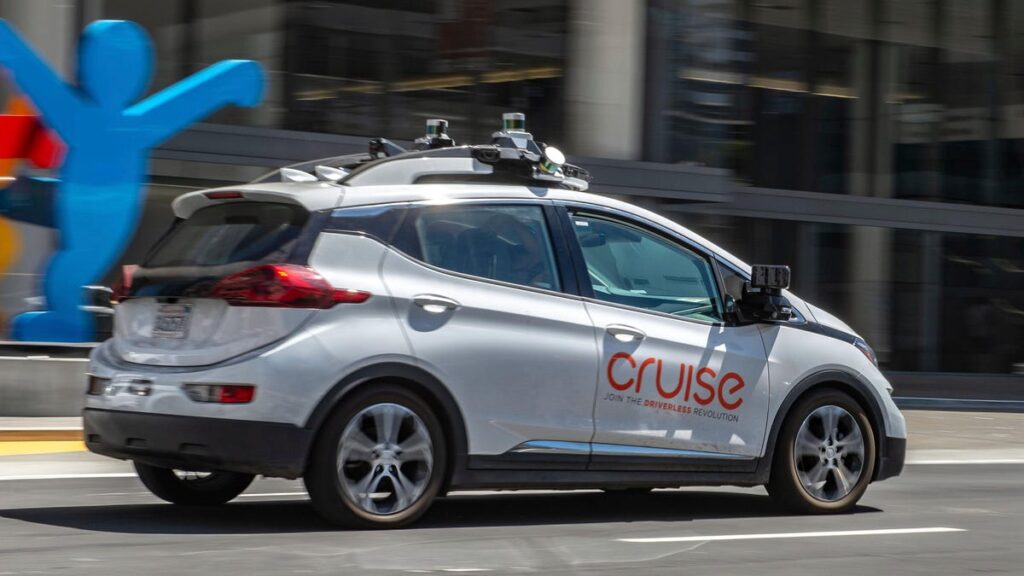Cruise CEO Thinks The Robotaxi Hate Is 'Overblown'

What do you get when you have a company create, develop and test a technology no one asked for with obvious technical issues in the fifth largest city in the country? Annoyed residents and city officials, plus a clueless CEO who doesn’t think the problems are a big deal. The Washington Post sat down with Cruise CEO Kyle Vogt about the recent troubles his company’s driverless cars have been having in San Francisco. He thinks all the backlash is overblown.
People Are Relying on ADAS to Do Things it Can’t Do
Autonomous vehicle testing has been going on in California for over a decade now. Yet recently it seems as if the vehicles, specifically ones from Cruise, have been having more problems. Cruise has had 241 driverless car related incidents since early 2022; 64 of those have been collisions. What does Cruise CEO Kyle Vogt have to say about all of this? Rather than directly address the problems, he has interesting takes. From a strange take that it’s sensationalism due to lack of understanding:
…in an interview with The Washington Post, the CEO of the driverless car company Cruise said much of the angst should just be chalked up to anti-robot bias.
“Anything that we do differently than humans is being sensationalized,” Cruise CEO Kyle Vogt said.
To seemingly getting mad at state regulators for their increased scrutiny over the robotaxi incidents, so much so that he seems to say that it’s all overblown because there haven’t been any injuries.
No one has ever been seriously hurt across several million miles of driving and hundreds of thousands of rides provided in San Francisco.
To downplaying a recent traffic incident involving dozens of robotaxis stalling in an intersection because of network congestion:
We’re talking about a 15-minute traffic delay for something that, on the other hand, is providing a massive and quite measurable public benefit to the community.
He finished by saying there’s a double standard when it comes to driverless cars compared to human drivers.
…he said, it is time for the public to eliminate the “double standard” that it has for human drivers and driverless cars, saying that more “mundane” issues — like stopping short in traffic or veering into a bike lane — wouldn’t catch any attention if it was a human driver, but would cause a firestorm if it was a driverless car.
“If I videotaped every single intersection, you see people blowing red lights rolling through stop signs and speeding,” he said. “We’re surrounded by these hazards.”
Fortunately it looks like San Francisco city officials don’t agree at all. They’re currently asking state officials to rethink their recent decision to allow driverless car companies like Cruise and Waymo to expand service in the city. Like one Carnegie Mellon University professor who has studied autonomous cars said, it’s only a matter of time before a more serious accident happens.



